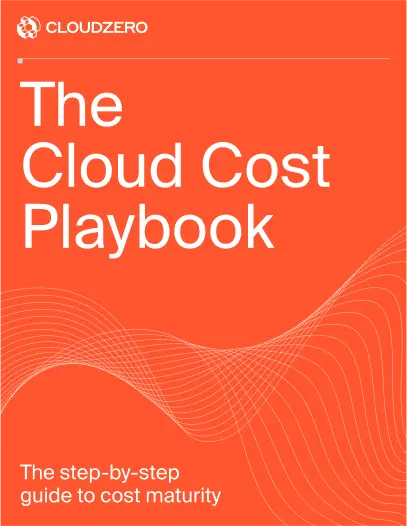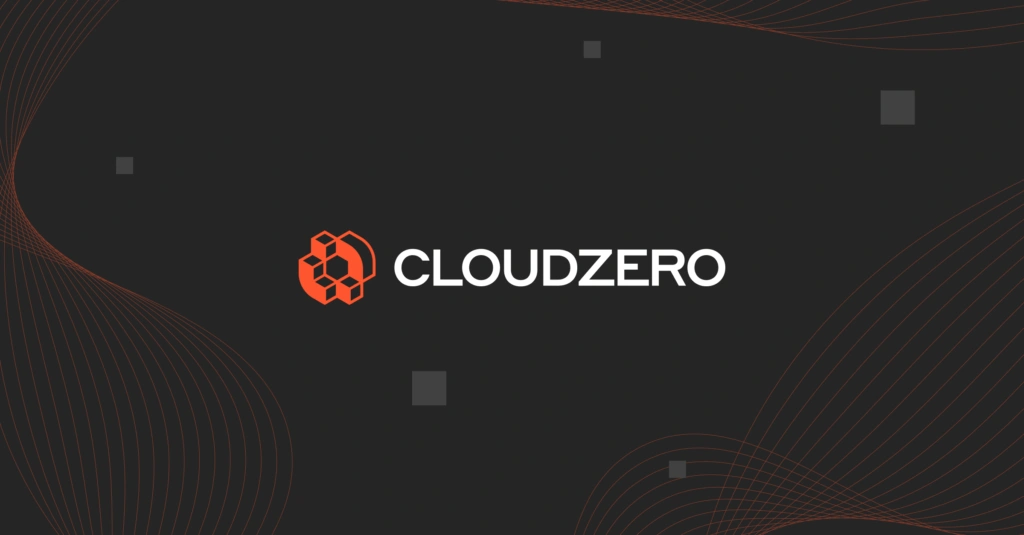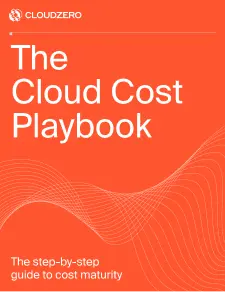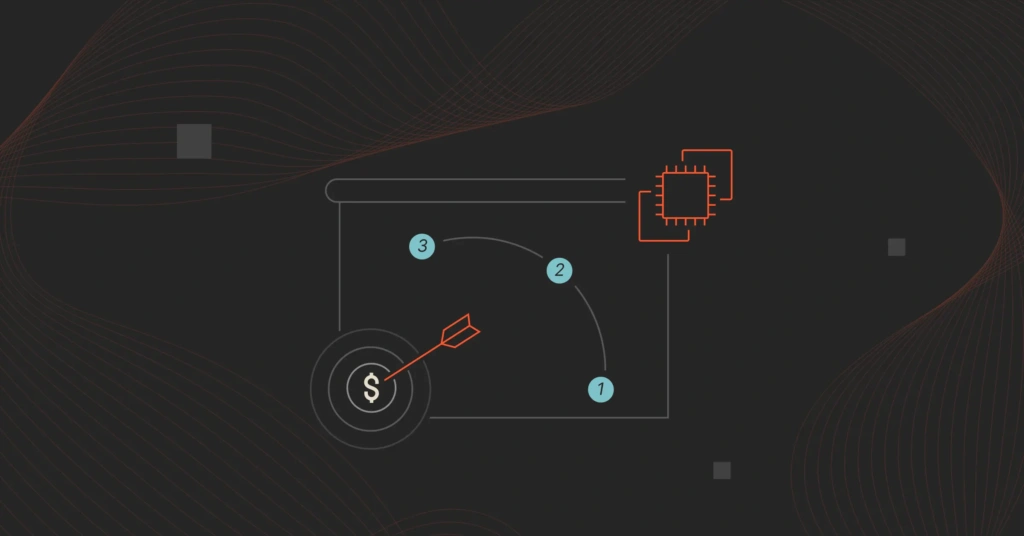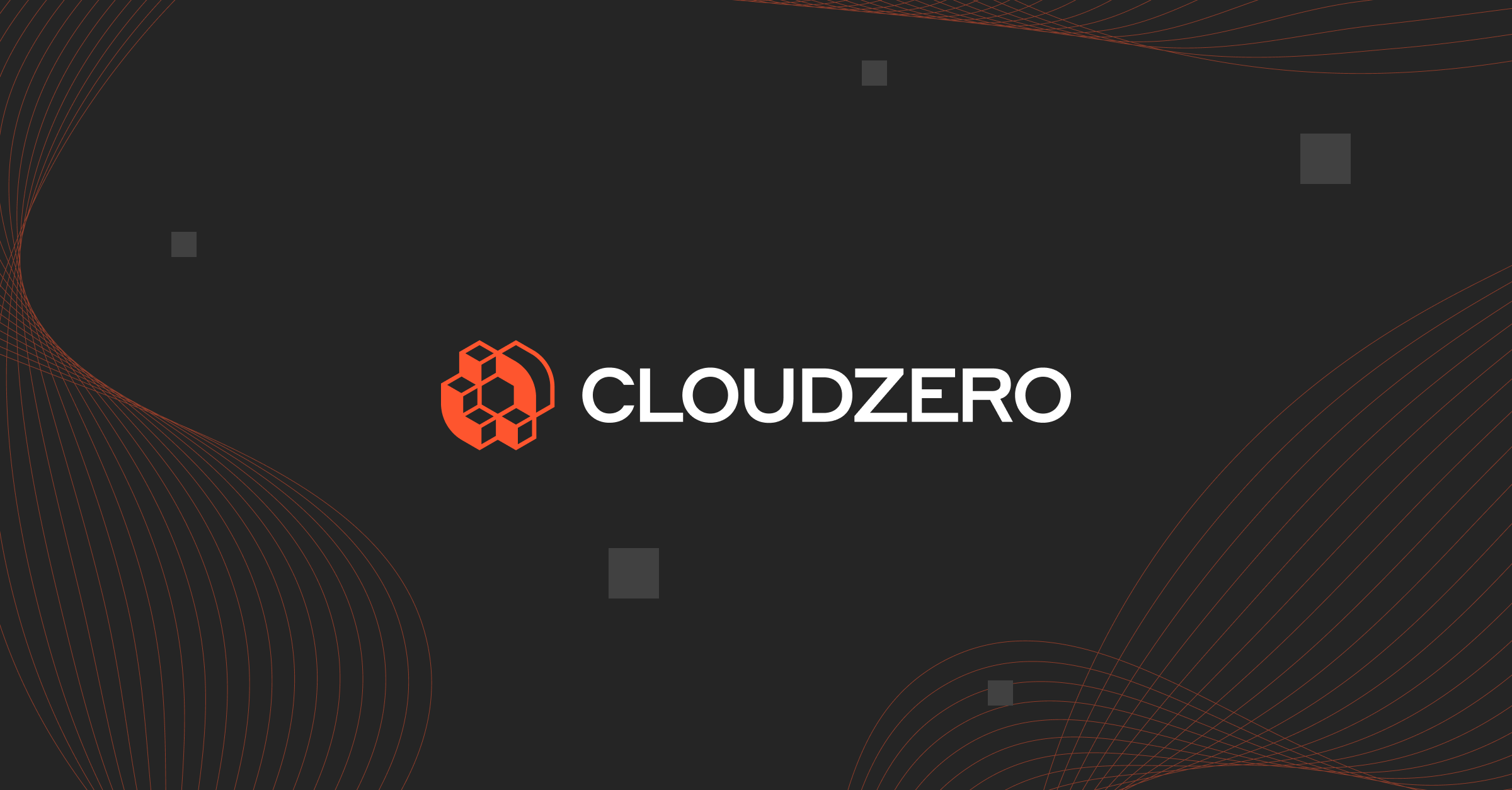It’s that time of year again. No, not the holidays, it’s time for the yearly pilgrimage to Las Vegas for Amazon’s AWS re:Invent 2018.
Thanks to all 40,000+ #reInvent attendees for making this an inspiring, educational & fun event! We can’t wait to see you next year! pic.twitter.com/aM3wDalhhp
— AWS re:Invent (@AWSreInvent) December 1, 2017
Last year over 40,000 people were in attendance; this year the number is expected to beat 50,000. It’s a safe bet to expect it to be bigger and more exhausting than ever. If you are going for the first time (or second time) and need a guide, the folks at A Cloud Guru have recently posted The Ultimate Guide to AWS re:Invent 2018 and it’s worth a read. But beyond just surviving and getting from place to place, it will be good to prepare for another big part of re:Invent, walking the expo hall, talking with vendors and learning about new products and services.
Some of you might love or hate this part of any big conference, but I honestly think it’s one of the best parts (second only to meeting new people and learning new things). I’ve been going to trade shows and conferences for over 20 years now, from Japan to all over Europe and the United States and I’ve developed a certain appreciation for them. Most of the time i’ve been there as a vendor, often as a speaker and sometimes as a customer, but regardless of why I was there, I’ve always loved spending time in the booth or walking the expo hall talking to new people, vendors, customers and new friends alike.
Now expo halls can be exhausting, in particular booth time if you are a vendor, but I know of very few activities a person at a software company can do that is more real and educational than listening to the questions your prospects ask and having to explain your product and answer them in rapid fire succession. It’s a powerful experience and I often come away from shows with profound new ways of viewing my market and my products. I expect re:Invent 2018 to be no different and I’ve been looking forward to it since last November.
When I visit the Expo to speak to vendors and get a feel for what’s going on in the market I like to come prepared with questions to get to the meat of their offerings as quickly as possible. I don’t want to get buried in buzzwords or marketing fluff, so I have a common set of questions that I always ask to learn how their solution might benefit me. I also like a core set of my questions to be consistent so I can start to compare and contrast the vendors I am speaking with.
For re:Invent and other cloud focused conferences I’ve come up with the following 5 questions that I think everyone should ask every vendor they speak with.
Question 1: How Much Money Will Your Product Save Me?
Let’s face it – money talks, It’s always about money. If the vendor says it saves you time (time is money) then ask them to quantify it in terms of money. If they can’t answer this question then consider that the solution isn’t a fit for you. Cost is a critical part of any well architected cloud solution and every vendor you buy from today should be saving you money; directly by optimizing your systems and cutting costs or indirectly by increasing your productivity (i.e saving time). Even security companies can put a number on what they could save you if you experience an AWS account takeover or another security disaster, so too should each vendor.
Question 2: How Much Money Will Your Product Cost Me to Run?
Go beyond the “how much does it cost” question and ask, “how much will it cost me to run your product, in all our environments?” In the world of on-demand and pay-for-what-you-use computing, it isn’t always clear what it will cost you to deploy and run a vendor’s solution.
Beware…
- If a vendor requires you to deploy an AWS Lambda function to extract logs or send events.
- If they cannot articulate how often that function will run and for how long?
- If they can’t tell you if it will it be sending data over the Internet or will it stay within AWS?
Sometimes the cost of these “small”Lambda functions can exceed the price of the product you are buying. The same is true of agents.
- How much CPU or memory will it use?
Maybe it’s insignificant when running in EC2 but what about instrumenting Lambda functions?
Lastly, how much additional data does the product produce when it operates? If it’s logging to S3 or CloudWatch then those costs can look small when you are testing, but at scale it can result in tens of thousands of dollars in additional cost…a month! We learned this lesson the hard way with an unexpected CloudWatch bill in the 10’s of thousands of dollars.
Lastly, how much additional data does the product produce when it operates? If it’s logging to S3 or CloudWatch then those costs can look small when you are testing, but at scale it can result in tens of thousands of dollars in additional cost…a month! We learned this lesson the hard way with an unexpected CloudWatch bill in the 10’s of thousands of dollars.
If the vendor doesn’t know or hasn’t thought about how much their product is going to impact your bill, then neither question #1 or #2 have been satisfied. They need to explain how their product saves you money and that includes what it costs to run it once deployed.
Question 3: How Much Effort is Required to Deploy and Maintain Your Product?
These are key to understand:
- Are you going to be deploying agents onto thousands of EC2 instances or into hundreds of Lambda functions?
- Can this process be easily incorporated into your current development process?
- What happens when an update is required or a software vulnerability in their product is found?
If the effort to deploy is high then what is the required effort to maintain the solution over time, and how does that impact the cost savings? The less to deploy — and maintain — the better!
Another few important and forgotten questions:
- How will the product keep up with the constant changes in AWS?
- Will it automatically support new services and features or will it require a maintenance effort (i.e. a tax) that slows down or flat out prevents your ability to use new services?
Question 4: How Does Your Product Scale?
If you are a growing business or are undergoing a strategy shift (i.e. moving to cloud or serverless) will the solution help you immediately or at some point in the future?
- Will their product be deployed in production or all your cloud environments?
- How does it work in an environment that spans EC2 to serverless?
- If you experience a sudden growth in your users or customer base will the vendor be able to scale with you?
- If you are embracing serverless, can the vendor handle the sudden spikes in load and traffic that serverless systems produce?
The cloud is about scaling effortlessly and automatically, with minimal development effort. Does the vendor make that easier and save you money?
Question 5: How does your product compare to AWS’s own services?
Every year there will be vendors whose business will be disrupted by AWS (vendors crossing their fingers at re:Invent keynote addresses). A vendor might be hoping that you haven’t noticed (perhaps they themselves haven’t noticed) and you should ask and learn how they think about AWS disrupting their business. AWS is a juggernaut and every vendor needs to operate with the expectation that one day AWS will enter their market.
The smart money goes to the vendors who have built value on top of AWS services so that their products and services get better and faster as AWS improves. Look for vendors that are constantly evolving and seeking out opportunities to find unique value so they can stay a step ahead and continue to provide customer value; even radically changing their services to do so. These vendors know that delivering customer value, just like it’s true for AWS, is the key to growing their business.
I will see you there!
As you explore re:Invent, I hope you find these questions useful as you speak with vendors and walk the expo hall. There are going to be many exciting moments at the show this year, but perhaps the most important for me is meeting new people and learning from them. I hope you take the time to come by the CloudZero booth (Expo #715), ask us these questions and share what you hear and have learned. I would love to hear what sorts of questions you have in your back pocket and what sorts of answers you expect to hear. I hope to put together a follow up post after re:Invent with a summary of what I heard when I walked the expo floor and I’d love your stories to be a part of that.
Most important of all, have a great re:Invent! If you see me there, please say hello, I would love to get to know you and see you there!
